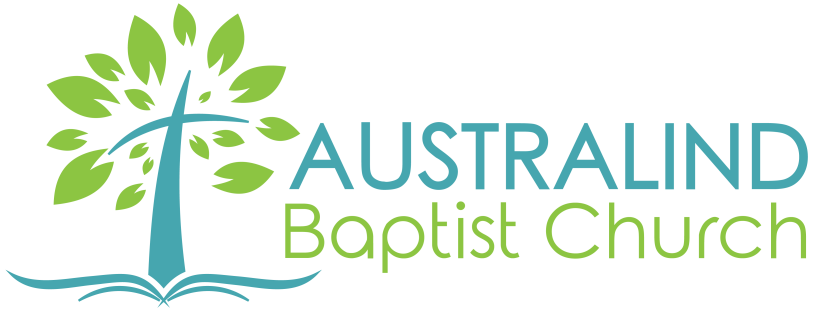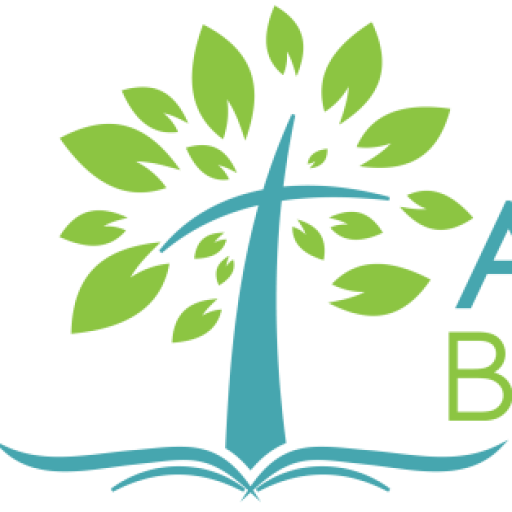- Seek him with a whole heart
Psalm 119
The theme of this psalm is obvious, throughout its 176 verses at least 8 different words are used for the word of God, a total of 171 times. It is the longest chapter in the Bible and was probably compiled by David over the course of his life. It is arranged in 22 sections or stanzas, the first line of each beginning with a letter of the Hebrew alphabet as an acrostic.
The first eight verses of the Psalm in Hebrew, each begin with the first letter of the alphabet – aleph. It opens with the statement that those who walk in God’s law, keep his testimonies and walk in his ways are blessed. They will also be blameless in their conduct and wholehearted in their devotion. Law or torah, is used 25 times in this psalm: it means both ‘law’ and ‘revelation’ and is what we find contained in the commands of scripture. Testimonies appears 23 times it is related to the word for witness. To obey His testimonies means to commit to the terms of his covenant. His ways relate to the manner of life, as seen in his son Jesus.
God has commanded that we don’t only know his laws but that we keep them. Precepts, which is used 21 times is a word drawn from the role of an overseer, a person who is responsible for making things happen, someone who cares about detail. Keeping precepts requires diligence. Statutes (used 21 times) comes from the word to “engrave” or “inscribe”; the idea is that it is the written word of God and carries his authority. We use it today to refer to the written law. The writer of the psalm is hopeful that he will be consistent in the way he keeps these rules and commands, if he does he will not be embarrassed or ashamed. He was convinced that as he applied himself diligently to learning God’s laws and kept them, that God would not forsake him, and he would then be able to praise him.
The second stanza starts at verse 9 with the letter Beth. Evidently David wrote this as a young man and wanted to know how he could keep his life pure, the following verses answer that question. David’s heart needed to be guarded, and the word of God could do that. Danish theologian Soren Kierkegaard wrote that purity of heart is to will one thing. He meant that we need to be single minded, not divided in our passions or desires. David understood that he must be wholehearted as must we. Not holy on Sunday but compromised throughout the week; heavenly minded while we worship, but driven by other passions when we are with our workmates.
David would store up the word in his heart, there were no Bible apps or pocket New Testaments for David, he memorized the word of God so that he would not stray from it. William Wilberforce the British politician who led the movement to abolish the slave trade), Henry Martyn a 19th century pioneer missionary to India, and David Livingstone a 19th century pioneer missionary to Africa and many others all memorized Psalm 119 and testified to its influence in their own lives.
Gimel is the letter that introduces the third stanza. David asks for God to be generous to him, to give him a life of ease so that he could learn more of his word. He did not ask for wealth or riches or influence. Earth was his temporary address; his home was in heaven and he wanted to makes sure that the way he lived here would prepare him for his eternal future. He knew people laughed at him because he insisted on keeping God’s word, but he didn’t care, he didn’t seek advice from them but turned always to God’s word for guidance.
David admitted that there were things that he didn’t understand, and he asked God to open his eyes. He wasn’t seeking to impress people with his knowledge, but he was aware that the more he knew about God and his word the better able he was to live the way God wanted him to. He was consumed with the desire to know God and walk in his ways – this is the theme of the Psalm.
- How diligent are you to learn and keep God’s commands?
- Do you think memorizing the scripture is important?
- Do people laugh at you because you insist on always following God’s ways?

